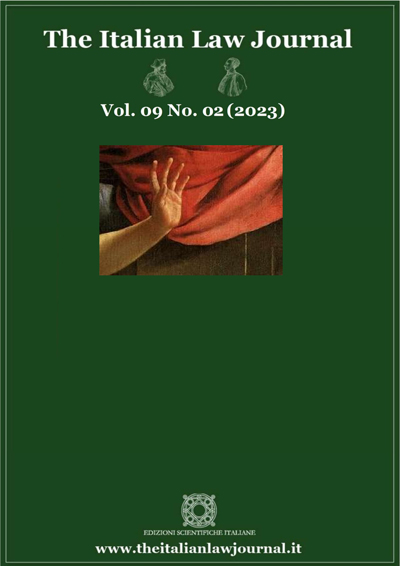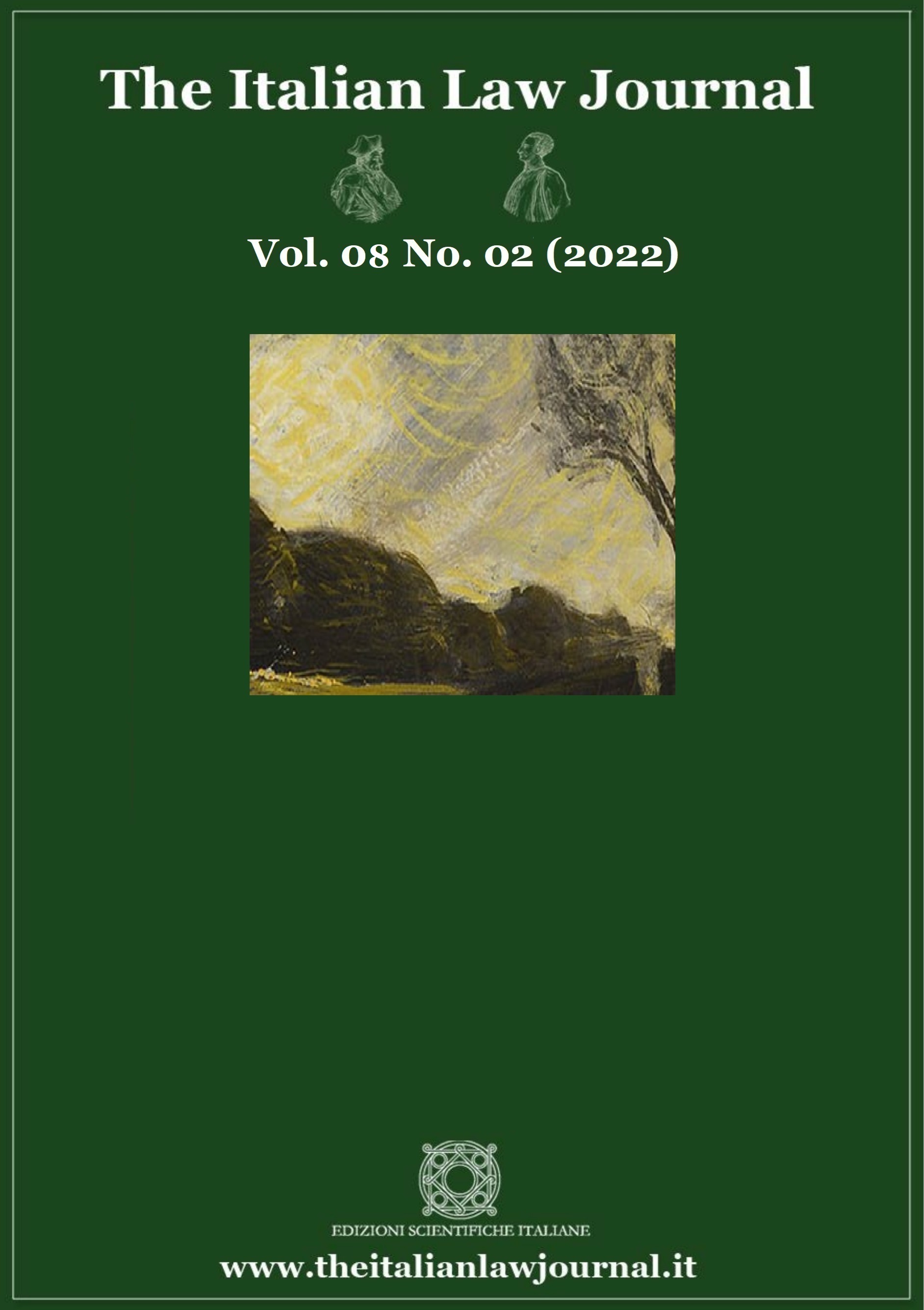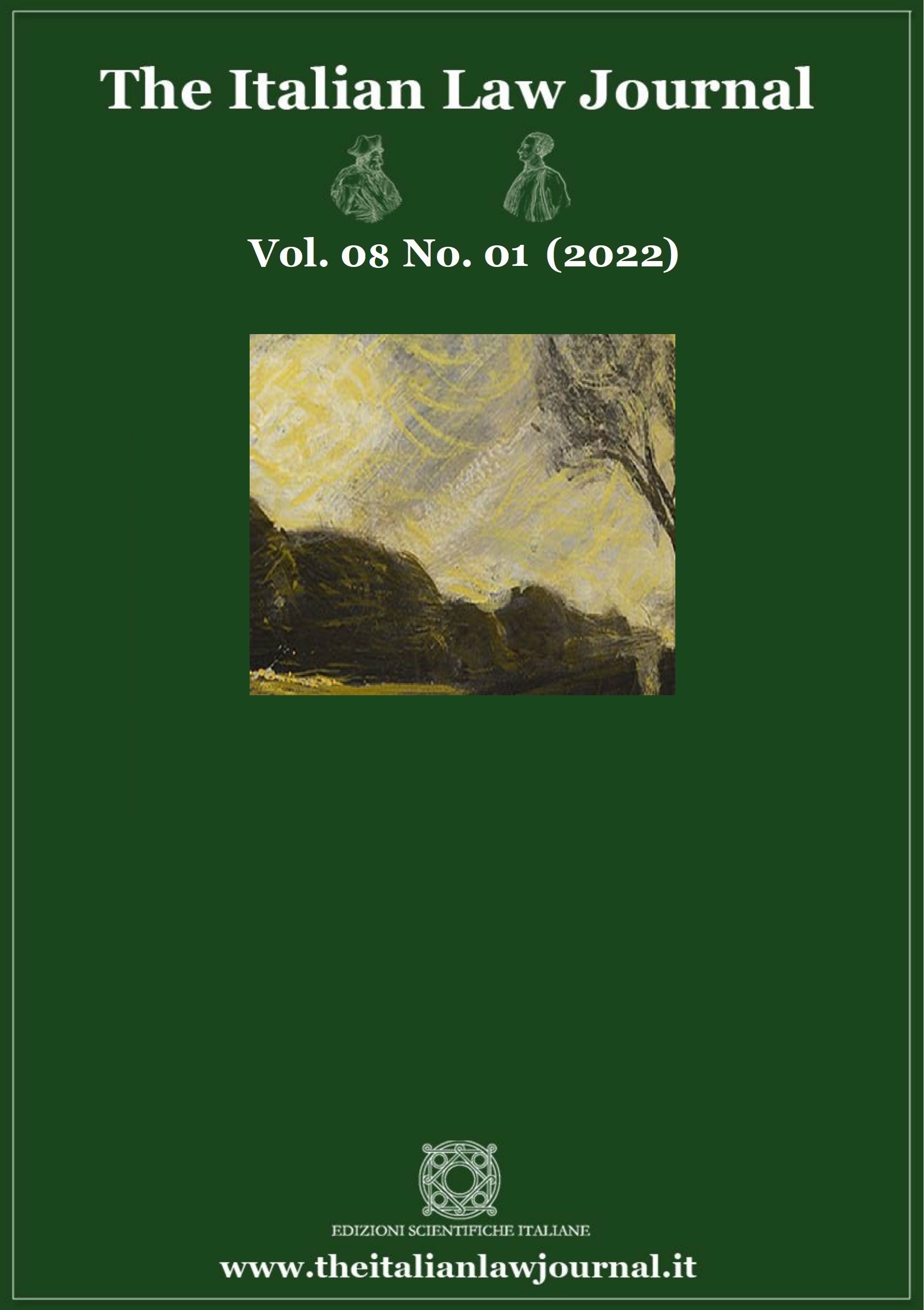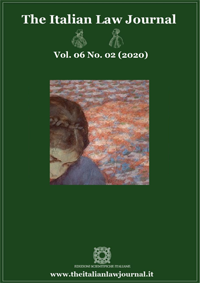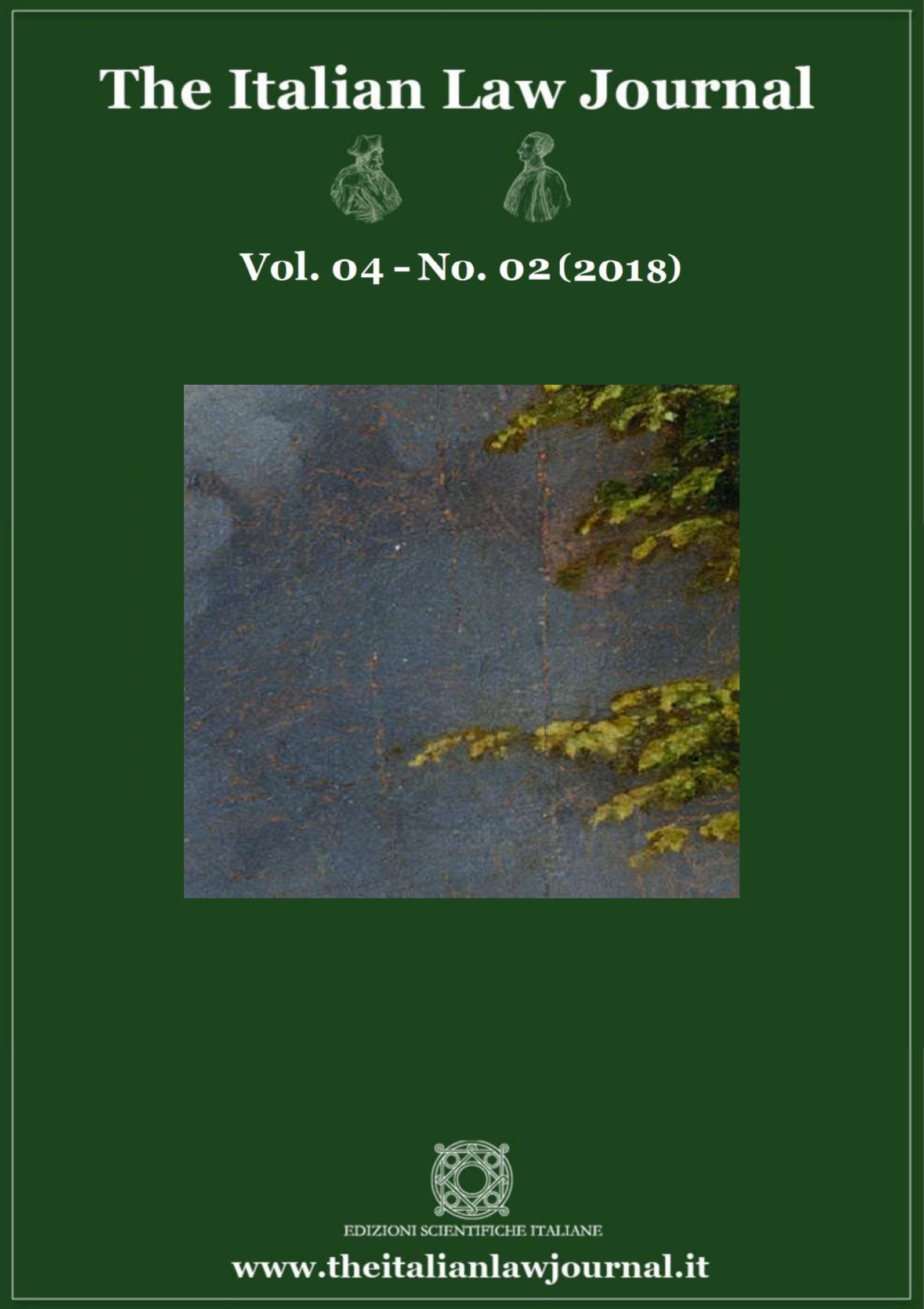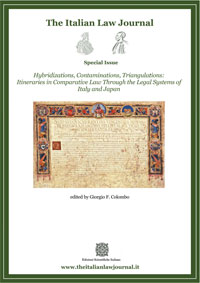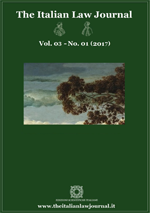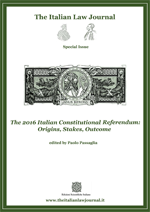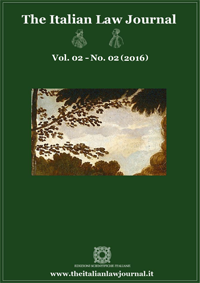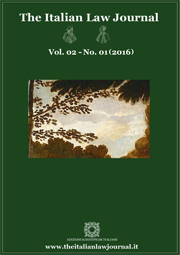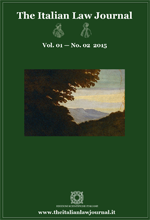8 THE ITALIAN LAW JOURNAL NO. 1 (2022)
Legal Challenges of AI Supported Legal Services: Bridging Principles and Markets
by Giulia Schneider In light of the persisting regulatory gaps in the field of artificial intelligence-driven legal services, this study questions which are the legal tools that are relevant to govern the current expansion of the correspondent market in a way that is consistent with ethical declarations. DOI 10.23815/2421-2156.ITALJ ISSN 2421-2156
We move from the acknowledgment that machine learning models are being increasingly applied to textual data contained in legal materials for the prediction of outcomes regarding the legal position of citizens, in terms, for example, of discovery review, contract analytics and legal research. In this respect, the analysis gives account of ongoing transformations in the market of Artificial Intellinge (AI)-supported legal services, with the aim of rooting in the market reality the relevant regulatory framework. In our understanding, the analysis related to the risks connected to the employment of AI-driven legal decision-making tools delivered by the market triggers the question whether the applicable ethical-legal framework provides sufficient tools for addressing the current developments in the market of AI-assisted legal services or whether additional sector-specific solutions need to be introduced.
The analysis identifies a gap it intends to fill between the blooming market reality and the ethical and legal perspectives.
The uncertainties stemming from a vague ethical and legal framework must be overcome so as to better operationalise and protect fundamental ethical values and fundamental rights in the market of artificial intelligence-driven legal services. Against this backdrop, the study demonstrates how possible solutions against ethics/market mismatches are provided by the legal system, which can work as a bridge vehiculating into the market practice of AI-based legal decision-making tools declared ethical principles, while preventing eventual chilling effects on the market. It thus shows how these need to be adequately matched and integrated with legal design requirements to maximise the resulting positive synergies within the market and thus avoid risks of ethical dilution. In this respect, a layered regulatory regime is proposed for artificial intelligence-driven legal services, of both public and private destination. This framework is meant to operationalise general ethical values and fundamental legal liberties within the more specific regulatory framework given by the European data protection, the Open Data, the European competition framework and the European Commission’s newly proposed rules for artificial intelligence.








